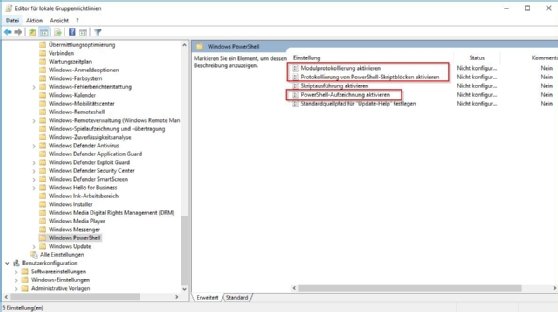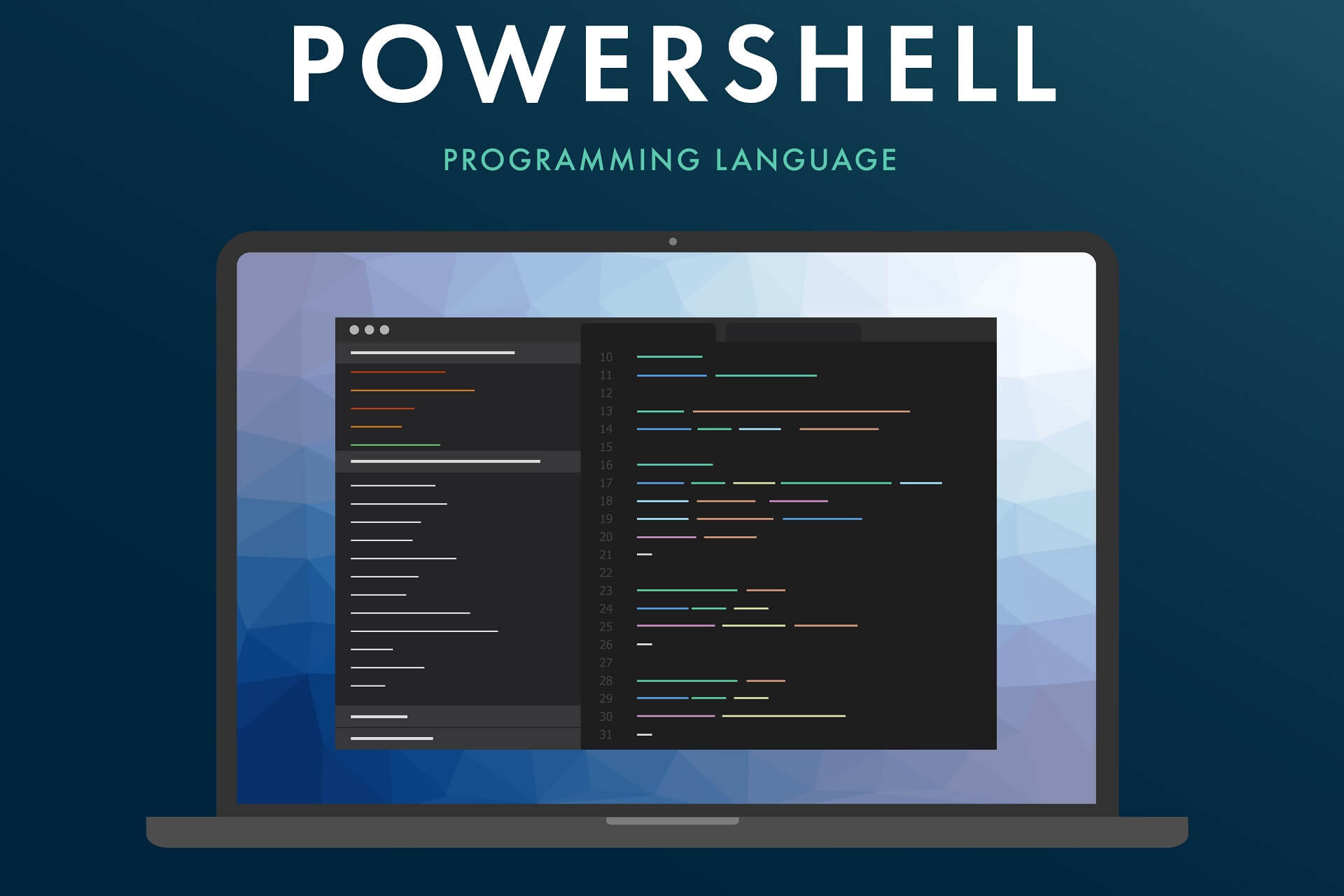

- #WINDOWS POWERSHELL MALWARE HOW TO#
- #WINDOWS POWERSHELL MALWARE MOD#
- #WINDOWS POWERSHELL MALWARE CODE#
- #WINDOWS POWERSHELL MALWARE DOWNLOAD#
It checks for presence of PowerShell process with its own script name as command line argument using the code shown in Figure 2.įigure 2: Code to check if script is already runningīlackSun encrypts files using AES256 algorithm. It will use additional execution of PowerShell for running internal capabilities, as well as the use of net.exe to map network drives.įigure 1: Process chain showing the execution history of BlackSunīefore starting any activity BlackSun checks if another instance is already running. The execution of BlackSun, shown in Figure 1, shows very limited subprocesses.

Self-propagation within a local network.Ability to destroy local and network backups.

Looking at the simplicity of code it is unclear if it is used for limited attacks or a proof-of-concept purpose, but it has effective methods that are potentially being used by ransomware.
#WINDOWS POWERSHELL MALWARE DOWNLOAD#
Unlike most other PowerShell-based ransomware it doesn’t download a payload or reflectively load a DLL or EXE into memory. Recently, the VMware Threat Analysis Unit analyzed BlackSun ransomware, a PowerShell-based ransomware. Ps: it looks like windows defender found the script.so why didn't it automatically get rid of it before? cause I turned off real-time protection and forgot to turn it back on quite some time ago(before this happened).so if nothing happened till now it means only now did I get this weird stuff and Windows was waiting for me to manually scan the computer.This article was authored by Pavankumar Chaudhari (TAU) I've scanned everything in every possible way, with all sorts of different programs and this is all that could be found, that script and trojan and the problem hasn't resurfaced for quite some time now.
#WINDOWS POWERSHELL MALWARE MOD#
I found 4 adware on my computer(w.e), the annoying script(wacatac.h!ml), a trojan(.swifi) and 3 programs people in my community use that were flagged by the scanners but decided to get rid of them anyway just to be safe(though I'm 99% sure they had nothing to do with this(iTubeGo, a custom made program to run a mod for an old game, and cheat engine).

I did them all except 1, I know you're right that the safe bet is to wipe everything, but I rather take it step by step. Thanks to everyone for all of your solid ideas. If however, it is not a script that runs, but a command that just triggers powershell and then terminates (likely with your description), finding PS1 files may be useless. But it could find files that look dodgy (or are stored somewhere where you wouldn't necessarily expect them. PS1 files - don't think of deleting all of them (you might be needing to reinstall windows if you get your machine into an unrecoverable state!). Lastly, brute force option is to crawl your machine for. Malware may have an entry here that you can find a location for the files it runs (may be a DLL that calls PS scripts) Check all non-microsoft services and their description. If it is an app in the system and is running but dormant for a time, it may show up in the task manager as a start-up app that you can disable there (remove via registry).Īlso check windows services. Task scheduler is usually a good bet, if you know it happens after starting/logging in after 60 minutes, you should be able to find scheduled tasks that trigger on or around that time also run the normal scan there and the rootkit scan Comes with an immunisation option that diverts a lot of dodgy sites to 127.0.0.1 via the Hosts file (handle with care!).
#WINDOWS POWERSHELL MALWARE HOW TO#
Submission Guidelines | Link Flair - How To


 0 kommentar(er)
0 kommentar(er)
